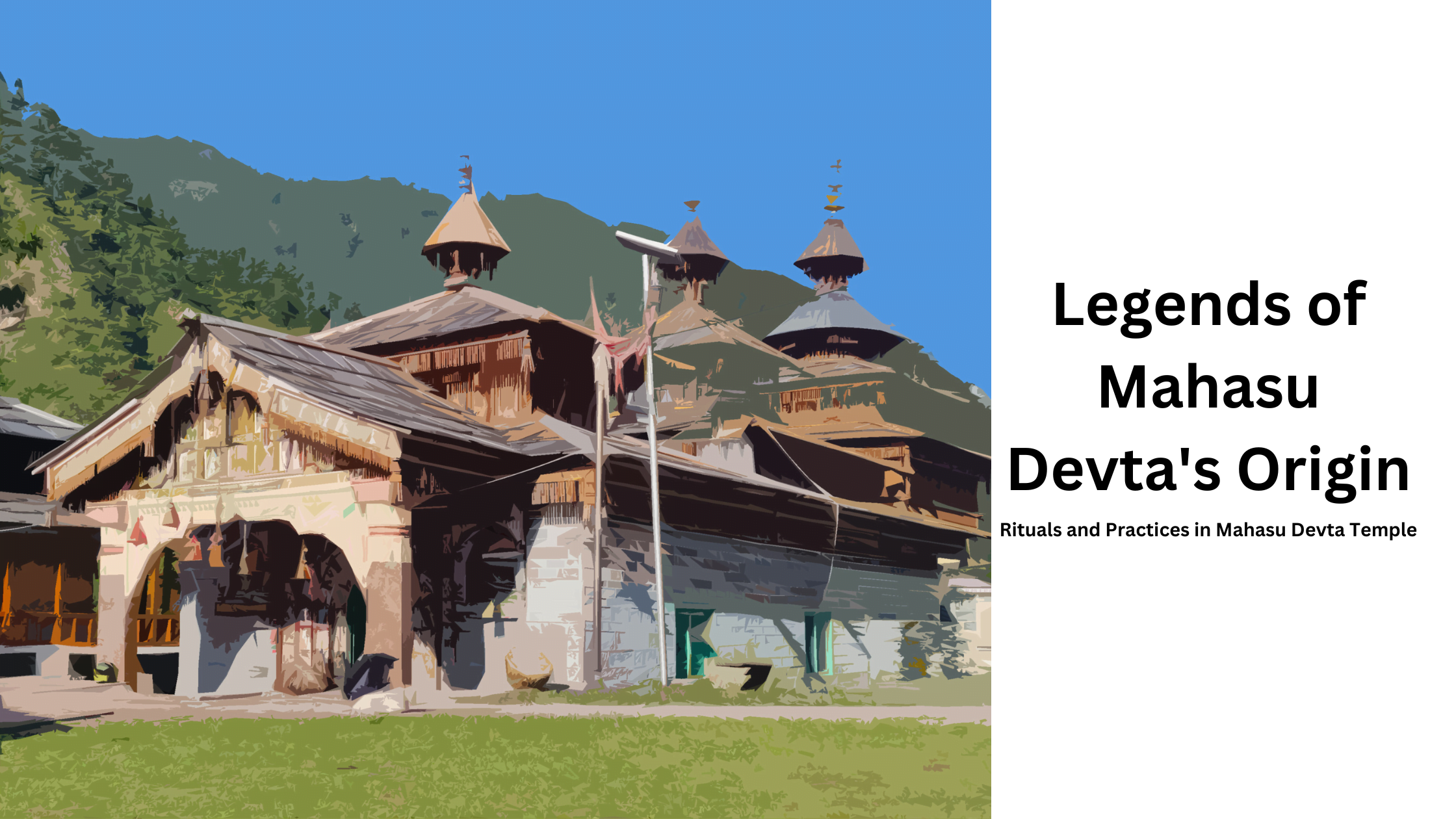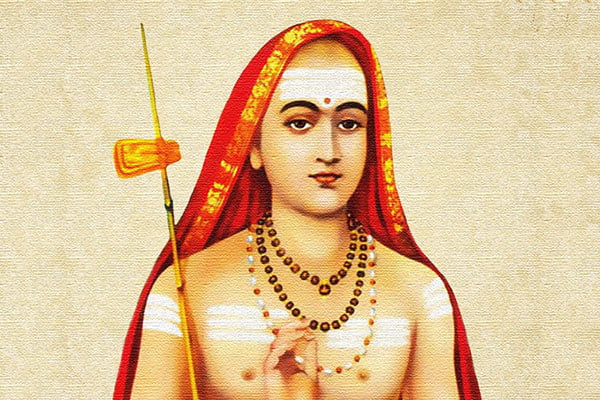Rituals and Practices in Mahasu Devta Temple
Uttarakhand “Land of Gods” (Dev Bhumi), is a mesmerizing state in India, boasting a unique blend of culture, tourist attractions, and education. The name “Uttarakhand” is derived from the Sanskrit words “Uttara” meaning north and “Khandam” meaning country or part of a country. Dehradun, serving as the judicial capital, is a city adorned with holy temples, scenic mountains, and a pleasant climate. Beyond its breathtaking landscapes, Uttarakhand is steeped in myths and legends. Every aspect of this region—its history, culture, mountains, and rivers—is intricately connected to Hindu mythological stories of Gods and Goddesses. Deities like Nagraj, Ghadiyal, Narsinh, Bhumiyal, Bhairav, Bhradraj, and Ma-hasu are revered across various parts of Uttarakhand. Despite the abundance of these tales, not many are familiar with the mythological stories of Mahasu Devta, known as the “God of Justice.” This deity’s decisions were held in high regard by the people and local rulers of the Jaunsar-Bawar Region. Numerous temples dedicated to Mahasu were scattered across the region, with the principal temple located in Hanol, Chakrata, listed in the Archaeological Survey of India’s catalog of ancient temples in Dehradun circle.

Mahasu Devta Temple | Exploring Bisoi Village
The village of Bisoi, nestled in the Jaunsar-Bawar range, is renowned for its traditions and is considered a pilgrimage site for the people living in the mountainous parts of Uttarakhand. The ancient temple in Bisoi, following Jaunsari architectural style, has evolved over time, incorporating wood and intricate carvings. Despite its antiquity, the temple remains a sacred space attracting devout locals and nearby villagers. My exploration led me to uncover the myths surrounding Mahasu Devta. Legend has it that Mahasu Devta comprised four brothers: Botha Mahasu, Pavasik Mahasu, Vasik Mahasu, and Chalda Mahasu. These brothers played a pivotal role in vanquishing demons and protecting the region. One notable demon, Kirmir, was defeated by Chalda Mahasu, leaving indelible marks on the rocks of Mount Khanda.
Legends of Mahasu Devta’s Origin
According to one tradition, a Brahmin named Huna Bhatt prayed to Lord Shiva for protection when demons terrorized Uttarakhand. The divine response guided him to plough his field in a specific manner over several Sundays, leading to the emergence of Mahasu Devta brothers and their ministers. These deities, collectively known as the Mahasus, annihilated the demonic forces, freeing the people from fear. However, a tragic mistake occurred when Huna Bhatt inadvertently hurt the Mahasu brothers with his plough. This resulted in injuries to Botha Mahasu, Pavasik Mahasu, and Vasik Mahasu. Only Chalda Mahasu and their heavenly mother Devladli Devi remained unharmed. Despite this incident, the Mahasu brothers continued to protect and rule their respective territories. They became revered deities, and their temples, including the one in Hanol, became centers of worship.
Rituals and Practices in Mahasu Devta Temple
The temple complex comprises a sanctum, bhandar (storage for sacramental objects), and a vestibule. Access to the bhandar is restricted to Brahmins, adding an air of mystery to the place. Devotees perform obeisance at the door leading to the bhandar, with fleeting glimpses permitted only when the pujari enters to perform daily puja. Additionally, the temple houses a Baoli (stepwell) whose water is considered sacred. Despite facing water scarcity in Bisoi, locals believe that the water from the Baoli, when mixed with Yamuna water, remains pure and germ-free for years. Villagers also hold the belief that the water level in the Baoli never diminishes unless the god is offended due to the villagers’ wrongdoing. In such cases, rituals and prayers are performed to appease Mahasu Devta. The Mahasu Devta temple complex has witnessed changes over the years, and numerous myths are associated with its deities. While lacking written documentation, these myths are deeply ingrained in the lives of the local people, influencing their beliefs and practices. The narratives, rituals, and sacredness of the Mahasu Devta temple continue to shape the spiritual landscape of Uttarakhand, adding a unique layer to its rich cultural tapestry.
Discover more from The Doon Mozaic | द दून मोज़ेक
Subscribe to get the latest posts sent to your email.




One thought on “Legends of Mahasu Devta’s Origin”